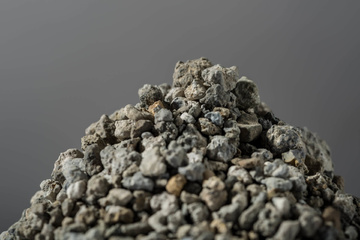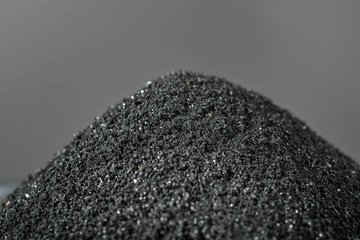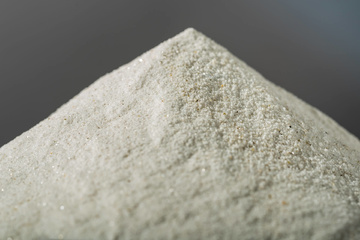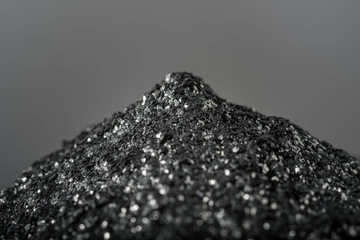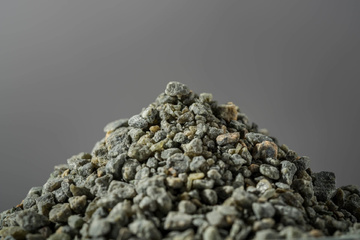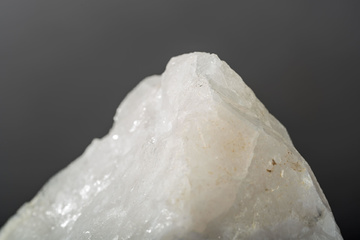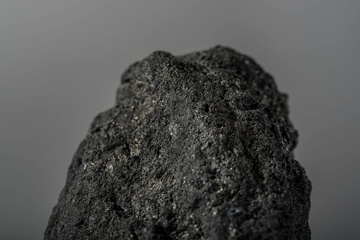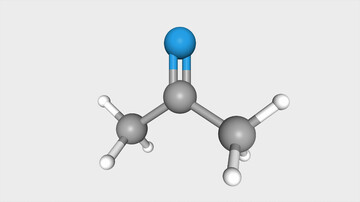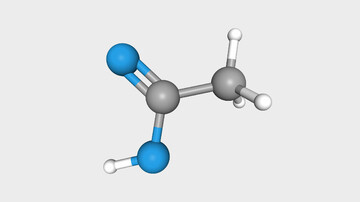Important information
Temporary restriction of our email communication
Dear Customers and Business Partners,
From 25 February 2025 to 5 March 2025, we have been experiencing a technical malfunction in our email system, which has affected our availability.
Unfortunately, emails sent between February 25th and March 5th, 2025, have been irretrievably lost. To restore seamless communication, we kindly request that you resend any emails sent to us during this period to info@ekc.ag or directly to your usual contact, whose details are listed below. You are also welcome to confirm delivery by phone.
We apologise for the inconvenience caused and assure you that we are working at full speed to fully restore the systems and further increase our IT security measures. Thank you for your trust and understanding.
Yours sincerely
The Management of EKC.AG
Manfacturer and supplier of raw materials for industrial minerals and supplier of petrochemicals and fuels:
EKC.AG
We, EKC.AG, are manufacturer of raw materials and globally active commodity supplier, specializing in energy, industrial resources and chemicals as well as the associated risk management and logistics. For two decades, our trading house has been synonymous with the highest quality, reliability, and sustainability in the raw materials trade. Our success is built on long-term partnerships, ethical business practices, and a deep understanding of the needs of our customers and the environment.
Our industrial minerals portfolio includes different materials, such as: chrome ore sand, bauxite (raw and calcined), fused magnesite, sintered magnesite, graphite, silicon carbide and spinel. In addition to the steel industry, refractory industry, foundries, insulation industry, glass and silicon industries, we also supply materials to consumers from the ceramics and abrasives industries. Our chemical portfolio includes following products: acetone, acetic acid, borax.
In addition to all listed materials and products, we also supply blast furnace coke, foundry coke and anthracite in all variants and aluminum hydroxide.
We provide technical support to our consumers.
For manufacturers of silicon and ferro-industry, EKC.AG provides expert’s support including:
- Technology and equipment selection and adjustment for smelting
- Extra-furnace refining (whole block management)
- Melt casting and working with the spilled Me to the finished product (whole block management)
- Auxiliary objects (whole block management)
- Product quality management
- Laboratories working process setting up
- Quality analysis of end products
- Manufacturing control
- SWOT analysis
- The whole process from the supply of raw materials to end products and quality certification with a quality management system
We have experience, enormous logistical potential, premium quality of materials supplied, associated risk management, delivery and financial reliability. Our mission statement reflects our dedication to shaping the raw materials trade with responsibility and innovation and contributing to a sustainable future as a reliable partner.
What can we do for you?
MINERALS
Industrial minerals, ores and chemicals have become indispensable raw materials for many production and manufacturing processes. Whether in the steel and refractory industry, metallurgy or, for example, in the electronics, ceramics and casting industries - minerals have become indispensable in these segments and many others.
Fuels
The world never stands still. In a constantly growing and changing world, the energy needs of countries and companies around the world are growing year by year. New, special coal products for high-tech production are also needed to achieve the required purity.
CHEMICALS
The existence of most everyday objects today is unimaginable without chemicals.
Chemical products are used in plastics, solvents, plasticizers, paints and sealants, as well as in the processing industry. For example, in the production of rubber, textiles or detergents.
In the dentistry industry, the pharmaceutical sector, the cosmetics industry and even in food production - you can't work without chemicals.
EK-COMPANY (EKC.AG)
Your supplier for minerals and fuels
The production and/or procurement of raw materials and their delivery to our customers is carried out by us with consistent quality, at market-driven prices and with impeccable logistics worldwide. As an internationally active raw material supplier for industrial minerals and fuels, we have our own mines and production facilities as well as several exclusive sales rights and long-term supply contracts with our partners from Russia, Europe, Africa, Asia and South America.
In addition to our headquarters in Würzburg, Lower Franconia, our company is also present in the following cities: Duisburg (DE), Rotterdam (NL), Moscow (RU), St. Petersburg (RU), Vyborg (RU), Vladivostok (RU), Yekaterinburg (RU), Tianjin (CN) and Güllük (TR). Furthermore, we have a strong partner network worldwide and thus are able to offer you a stable, reliable and long-term supply of necessary raw materials.
In addition to first-class industry knowledge, our employees have many years of experience in production, processing, distribution and trade as well as transport of industrial minerals and energy resources.
Further information about EK-COMPANY - your supplier for minerals and fuels
Value chain
Realised raw materials in MT
1098000
Kilometres travelled
972.000
Largest single shipment
24.000
Number of mines/partners
27


